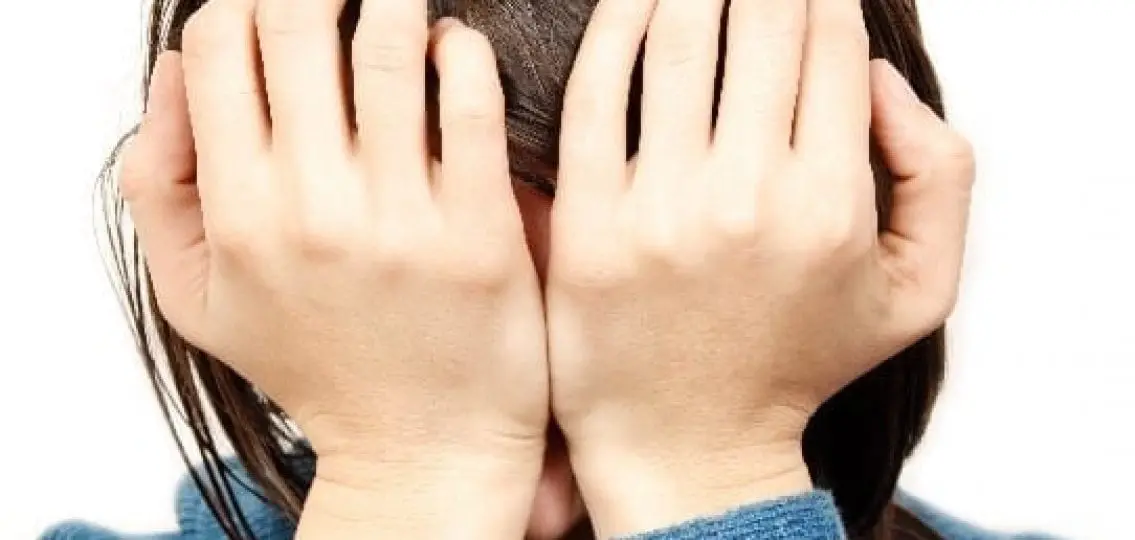Parents don’t always recognize the symptoms of teen depression and anxiety in their son or daughter. Sometimes, teenagers themselves don’t understand what is happening to them. This is Brynn’s story of her experience with teen depression and anxiety.
By Brynn*
A Long Descent
I have always been a quieter kid, so when I started retreating into myself my junior year, it seemed like no one noticed. I got two to four hours of sleep a night, ate infrequently, felt worthless, and began to lose interest in everything—classes, friends. As time went on, I became more and more convinced that this was just how I was. I would think about asking for help and then be afraid of being a burden on my friends and family—constantly reinforcing the idea that they did not want me around.
I woke up every morning crying and dragged myself out of bed, feeling like I was carrying around a 50-pound backpack.

Despite this, I kept up my grades and my parents had no idea what was happening; they were frustrated with me for being “too sensitive.”
That winter, I began wanting to hurt myself. I finally worked up the courage to say something to my mom, and she was adamant it was just PMS. My confidence was crushed. And my symptoms only got worse. My relationship with my parents deteriorated as we fought more and more. My siblings, whom I used to be so close with, now asked me “where the old Brynn was” when I snapped at them. It took all my energy just to get through the day.
Eventually that summer, I confessed to my friends how I had been feeling—the worthlessness, the suicidal thoughts. But what could they do? I was entrusting them with something way too important and complicated for 16-year-olds to handle. As the summer went by, I became increasingly fixated on my weight, weighing myself daily, over-exercising, and restricting myself to one meal a day.
Then it was time for school again. I felt crushed and helpless with all the pressures of college admissions, my job, orchestra, good grades, a varsity sport. That’s when the anxiety attacks started. In a way, I think they saved me.
The overwhelming shaking and hyperventilating was something physical my parents could see, and that’s when they urged me to see the school guidance counselor. She almost immediately referred me to a therapist who right away saw the bigger issue—depression.
Recovery is Ongoing
My journey to health started there, but it was—and is—far from over. Because of my depression, I started hurting myself and binging. During my senior year, I spent almost three months out of school in the hospital and various therapy programs for teen depression and anxiety. We struggled over and over to find the right combination of meds that would take the edge off my symptoms. By spring, we did find the right “cocktail,” and that is when I turned the corner.
I will be struggling with depression and anxiety for life, but there is hope for me and other victims of these mental disorders. If anything in my story resonated with you, I urge you to tell a trusted adult about the problems that you are having. There is never any harm in talking to the school guidance counselors; they proved to be an invaluable resource to me over the course of my high school experience.

If a friend or family member has talked to you about experiencing anything like this, know that they can get help. Mental health disorders like teen depression and anxiety are not symbols of weakness; they are serious illnesses that can be treated with therapy and medicine. I got through high school, and I am proud to be going to college next year.
*author’s first name




